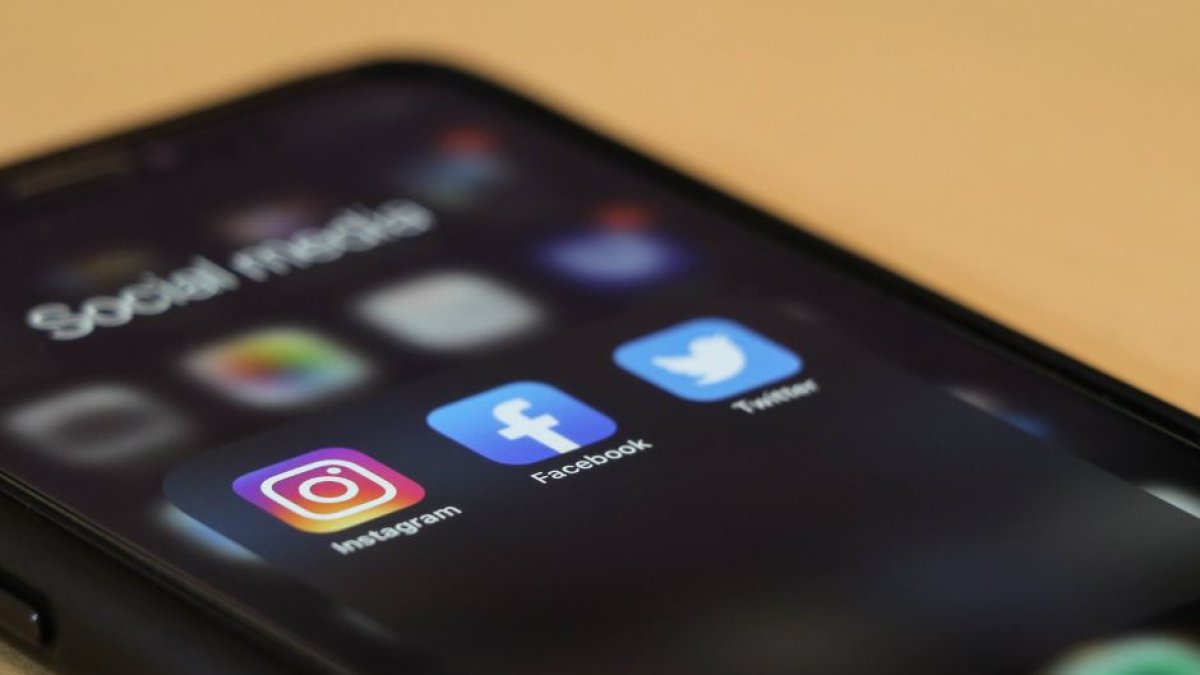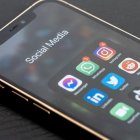How to protect your personal data when using social media
With simple security recommendations, you can minimize the risks of becoming a victim of cybercriminals and keep your personal information and money safe.

Social Networking / Unsplash
Using social media connects millions of people worldwide with friends and family, can be a source of income, a distraction, and a space in which anyone can be a victim of data theft and even fall, most innocently, into fraud. If you want to avoid this type of situation, we share some tips to stay safe, depending on the social media platform you use:
Control privacy:
On Facebook, there are simple options with which you can decide who can see what you post, even your date of birth. We recommend that you hide from your personal information. With these steps, you will achieve greater privacy on this platform:
Enter settings in your Facebook profile and then go to the "Privacy" section. There, you will be able to modify who can see your posts, hide your list of friends, and even who can see what you share.
Applications and websites: often, we grant permissions to applications or websites without seeing the consequences. However, once done, all is not lost. Although it could risk your information, you have two options: modify those already granted or remove existing connections of all apps that you consider that may violate your information.
Don't let your account be stolen:
Instagram has become one of many's favorite platforms, making it one of the most attacked by those who seek to scam users. If you want to avoid this kind of situation or you have already experienced some hacking, we leave you some tips so you do not go through situations like these again:
Two-step authentication: to activate it, go to your account settings and enter "Security.” This will provide you with greater protection because to enter your account, you will have to enter a security code that will be sent to your cell phone.
Do not connect to free or public Wi-Fi networks: these types of networks are very vulnerable, but if at some point you have no other choice, remember to use a VPN, which will encrypt your connection.
Zero easy passwords: if you want a strong password that will be harder for anyone trying to steal any social platform account from you, use a combination that includes upper and lower case letters, numbers and special characters. Don't use the same password for everything and change it often.
Jobs, crushes and prizes: if you often receive private messages about job offers, discover that a supposed Brad Pitt or Angelina Jolie is romantically interested in you, that you are the sole heir of a relative you do not know, or that you won a prize in a contest you did not participate in, do not respond and report the account. These are very old tricks used by cybercriminals to steal or scam users.
Protect your Twitter account
If you do not want to be a victim of phishing on Twitter, follow these recommendations:
Do not click on suspicious links: if any known or unknown user asks you to click on any link, do not open it without first verifying its authenticity. Some cybercriminals impersonate banks and celebrities or disguise the message with a threat of a fine or prize so that you click on it.
Ignore requests from strangers: cybercriminals often create accounts for brands, stores or even new profiles with stolen photos of other users to scam the first person they meet. Do not add anyone you do not know and check your list of friends on the platform.
Improve account security: go to "Settings and privacy" on your Twitter account. You can enable notifications in case someone logs in from a device you don't use.

Technology
Musk's X platform pays Trump $10 million for damage caused by censorship
Emmanuel Alejandro Rondón
Your information is gold
Watch what you write and the information you may indirectly provide to someone else. If you tend to upload a lot of photos to a social media platform or write everything you do, here are some recommendations:
Privacy: All social media apps have security mechanisms so that not everyone can see what you write or post. Keep your profiles in "private" mode.
Remember that everything you write can be used against you. Even some key information can be used by cybercriminals to breach your social networks.
Do not share photographs in which you show bank card numbers, personal documents, the license plate of your vehicle or your home address.
Do not upload photos immediately showing where you are. Do it once you have left or days later.
Up-to-date devices
Social media security is not just about your settings. Updating your mobile device or tablet to the latest version is essential. Many times, these updates include improvements in security patches or resolve vulnerabilities.
With these simple security recommendations, we hope you can minimize the risks of being a victim of cybercriminals and keep your personal information, family members, and even your money safe.



























